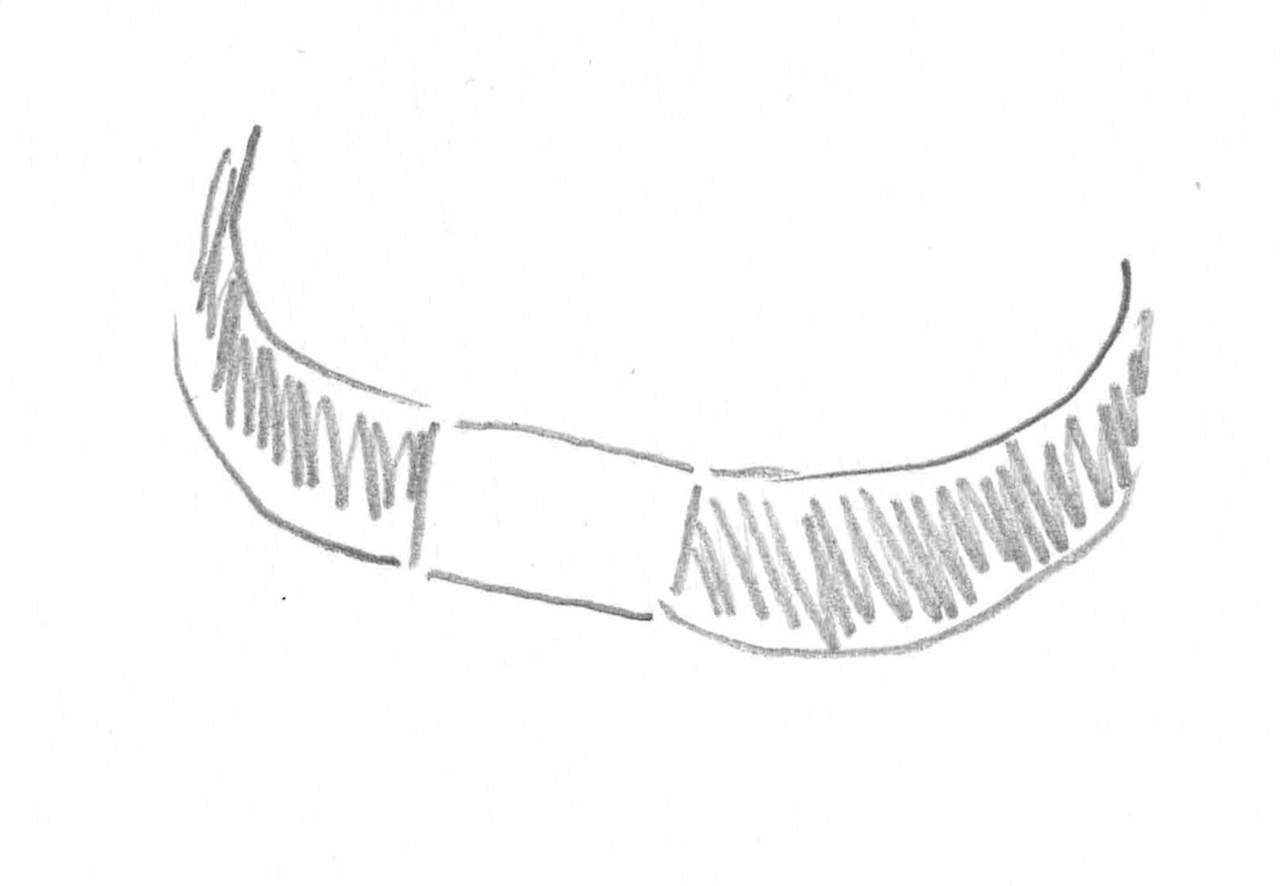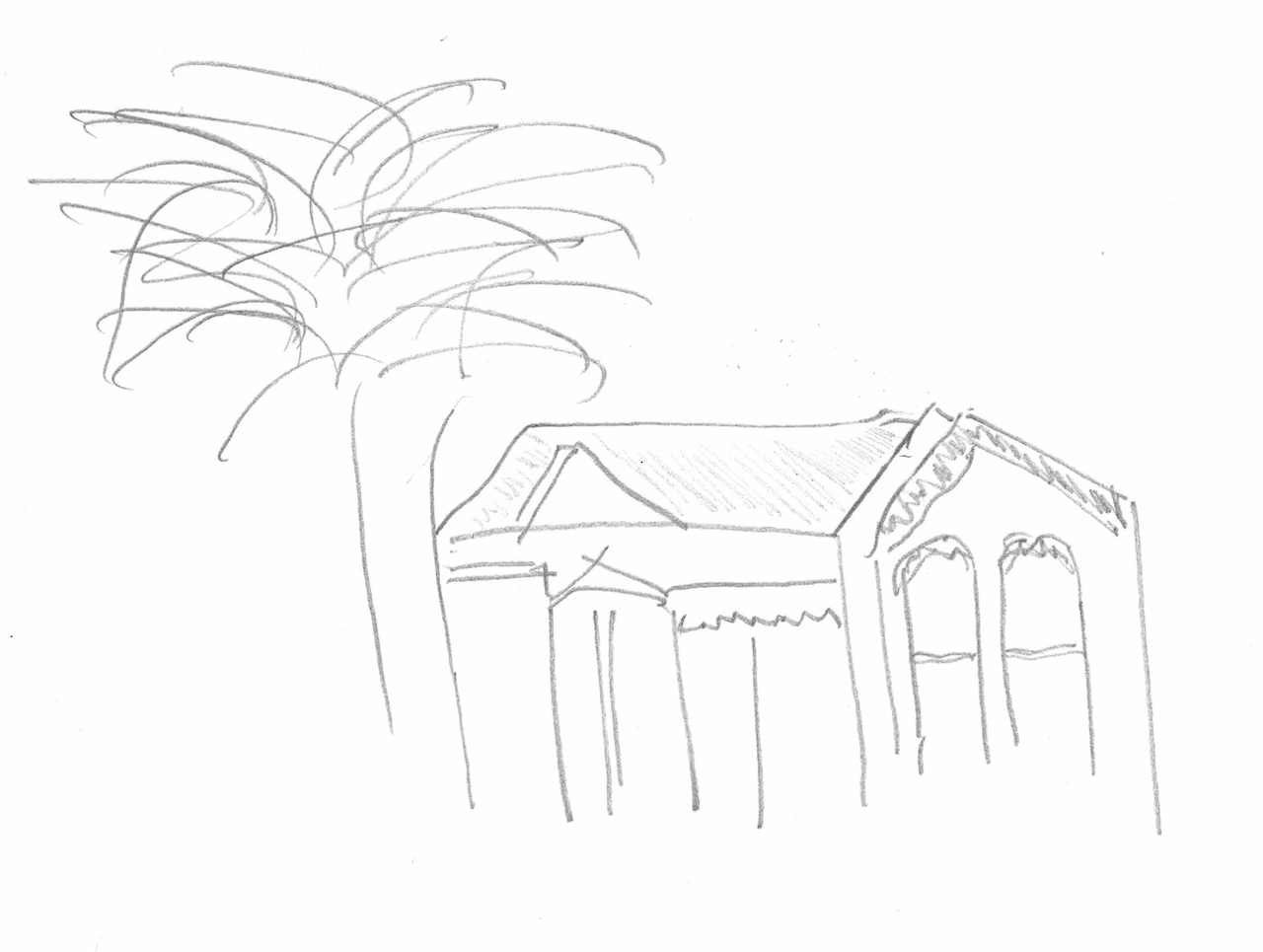 I’ve said already I’m thinking about Alfred Hitchcock, and about Dimitri Tiomkin, so this post probably won’t come as much of a surprise. When I had covid a little while ago my viewing time was somewhat elongated, and I revisited one or two old favourites.
I’ve said already I’m thinking about Alfred Hitchcock, and about Dimitri Tiomkin, so this post probably won’t come as much of a surprise. When I had covid a little while ago my viewing time was somewhat elongated, and I revisited one or two old favourites.
The question of ‘Hitchcock’s greatest picture’ has been itself revisited again and again, and generally opinion goes with one of the later films like Vertigo or Rear Window or The Birds or Psycho, and yes, they’re all great.
But I am going to put my vote in for I Confess. These days, the Roman Catholic Church’s fidelity to the idea of confessional confidence is regularly under attack, and obviously I understand why. People should not be permitted to get away with shit like child abuse merely because they let their confessor in on the secret; such things should be publicly mandated for prosecution because, well, lives are at stake.
In the 1950s however things were very different, and when Otto Keller told his friend, Abbe Michael Logan, that he had killed the lawyer Mr Villette, the news could go no further. Fr Logan observed the vows to which he had been ordained, and didn’t let on.
I know Hitchcock himself was a Roman Catholic, so the liturgical elements in the film are spot-on. Fr Logan genuflects before the altar, presumably because there is a reserved sacrament, the priests all address each other charmingly as ‘Father’ and cross themselves twice before eating. The last rites are recited in Latin – it’s all superbly placed.
It’s not just either because Montgomery Clift and Anne Baxter are so damn’ drop-dead gorgeous, either. (Although they are.) Karl Malden (if you’re as old as I am you know him from 1980s American Express advertisements) is superb as the detective determined to get to the bottom of the case, and Roger Dann as Mme Grandfort’s long-suffering husband puts in a stellar performance of patience and gravity that is entirely appropriate.
My affection for this film goes with its seriousness, its lack of compromise, and the perfection of its characterisation. The running gag about Fr Benoit’s bicycle is light relief of a most imaginary kind, and the relationship between Otto and Alma Keller is portrayed with extraordinary sensitivity. (Sometimes you begin by thinking an actor isn’t all that flash, and then you watch them a bit and change your mind. I used to hate Keanu Reeves in Much ado about nothing but I’ve come now really to like him. Dolly Haas was the same for me as Alma; initially I thought she was wooden and looked totally uncomfortable, but I have come to register her affection for Otto as a very real thing.)
Hitchcock’s work is so vast and his imagination so broad – remember how in Rear Window Miss Lonelyhearts is consoled by music? – it’s very difficult to come down to a single best picture. I think I’ve seen all of them, and there are gems everywhere, but I Confess seems to me something so out of the ordinary, so unexpected, that I’m putting it out there that I think it is the director’s very best work.
Discuss.
24.v.2024
 When I’m with our dog, Otto the Lagotto, I walk past Bill Miller’s house on Hawthorn Grove and I remember visiting him to interview him. He gave me a Coopers Sparkling Ale and that was rare for an interviewee but, I must say, very welcome. He was a charming old man and told me things I was very pleased to hear; he was generous and knew a great deal about the things in which I was interested.
When I’m with our dog, Otto the Lagotto, I walk past Bill Miller’s house on Hawthorn Grove and I remember visiting him to interview him. He gave me a Coopers Sparkling Ale and that was rare for an interviewee but, I must say, very welcome. He was a charming old man and told me things I was very pleased to hear; he was generous and knew a great deal about the things in which I was interested.
Bill (I suppose I should say, Mr Miller, because that’s what the current owners of his house call him) had a vast collection of original 78rpm records he had collected while he was in London in the 1930s, and I believe that collection has now gone to the Australian Jazz Museum. I didn’t hear any of them but I saw them shelved in the back part of his house – a truly vast accumulation.
His tastes were situated firmly in the first ten or twenty years of jazz’s history, and when he inaugurated the magazines Jazz Notes and Australian Jazz Quarterly in the 1940s there was no secret about his affiliation. I think it’s not unfair to say that for the vast majority of the contemporary readers of JN and AJQ the horizons were very similar: jazz finished in 1929 when Louis Armstrong started going with bigger groups, and of course swing was outright commercialism and the less said about bebop, the better.
One of the things I noticed as I conducted my research into the Red Onion Jazz Band for my PhD was that for a great many people, the first musicians or ensembles who introduced them to jazz became a benchmark. The standard, if you will. If it was Bix Beiderbecke, or Eddie Condon, or the Lu Watters Band (yes, they’re all white – stick with me), the thing that turned you on became the measure for everything you heard thereafter.
I came to jazz via Sting, with his band featuring Kenny Kirkland and Branford Marsalis, and Sade, a bit sideways, and Wynton Marsalis, with his totally amazing record Black codes (from the underground) to which I still listen. I met Tony Gould in I think 1989 and he mentioned Bill Evans and Keith Jarrett, of neither of whom I had ever heard. My life changed.
I have heard what, in the contemporary taxonomy, is termed a shitload (or a fuckton; I believe they’re interchangeable) of music over the years I’ve been alive, and some of it has stayed with me and some of it has been let go. The best of it lives in my heart and even if I’m not listening to it I can sing along to it as I pass the minutes I’m running or enduring tedious wait-time on phone lines.
What I began this in an attempt to say was that I have this desire, from time to time, to listen to all the stuff I know and love, all at once. I pass Bill’s house and I think of Armstrong’s Hot Fives and Sevens. I know that music, it’s somewhere in my blood. Then something distracts me and I’m thinking about Miles Davis and I want Filles de Kilimanjaro or In a silent way. Then I want Duruflé’s Requiem or Mozart’s Don Giovanni or one of the Mahler symphonies. Or actually, the 1947 recordings of the Graeme Bell Band. I imagine some kind of scenario in which I can hear all of this at the same time. I know it makes no sense but that’s the feeling I get. Like it might actually be possible. A summation, a congregation, a kind of totality of music.
Without unseemly arrogance, what I really want to believe is that it’s all there when I play. When I write, or when I think about music, I’m drawing on all the stuff I’ve heard and loved and that has influenced me. (Shall we go on a ‘what is influence’ trip? Okay, let’s not.) My project when I teach is to show students that all they know comes from what they’ve heard, and from their imagination’s reckoning with what has preceded them, and to try to encourage them to find their own original thought and to pursue it relentlessly to find exactly what it is they have to offer. Recently I read the fabulous biography of Francis Bacon, by Mark Stevens (no relation) and Annalyn Swan, and to read about Bacon’s thoughts regarding influence was actually quite amusing. He accepted Picasso was in there, but even though he adored Velazquez’s pope he didn’t actually go and see it when he had the chance. He was censorious about other artists, past and contemporary. The artist who wants to believe they are sui generis is charming, but faulted – but let’s not worry. The work stands.
The variety is a big part of what makes it all worthwhile. You can look at innovators as people who got things wrong, who went for one thing and found something else. I’m happy with that. Although I started thinking I’d play like Herbie Hancock or Kenny Kirkland this was a fool’s dream and soon I saw a) it wasn’t going to happen, and b) there was no point even in trying. Herbie and Kenny had done it already. So I know that church music is a foundation for me, personally, and my classical piano training will never leave, and the pop music I listened to as a teenager is in there somewhere too, followed by jazz. I can call on any of it and I do. My synthesis is my own and I’m proud of it.
Tell me about yours.
22.v.24
 I’ve said already I’m thinking about Alfred Hitchcock, and about Dimitri Tiomkin, so this post probably won’t come as much of a surprise. When I had covid a little while ago my viewing time was somewhat elongated, and I revisited one or two old favourites.
I’ve said already I’m thinking about Alfred Hitchcock, and about Dimitri Tiomkin, so this post probably won’t come as much of a surprise. When I had covid a little while ago my viewing time was somewhat elongated, and I revisited one or two old favourites.